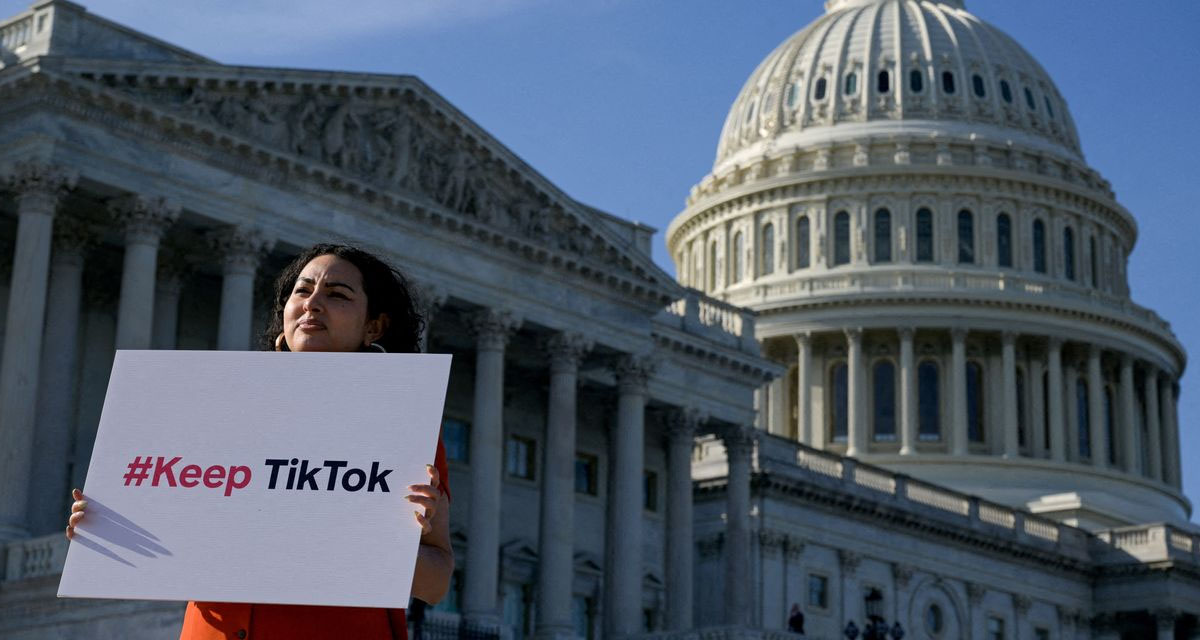Photo Credit: Getty Images
The future of TikTok in the United States now lies in the hands of the Supreme Court. A law signed by President Joe Biden last April mandates ByteDance, TikTok's Chinese parent company, to divest its U.S. operations by January 19, 2025, or face a nationwide ban. This move, justified on national security grounds, has sparked heated debates about free speech, international commerce, and the digital economy.
Representing TikTok, attorney Noel Francisco warned the justices of broader consequences. "If Congress can do this to TikTok, it can target any company it deems a threat," he argued. Highlighting precedent, Francisco compared the situation to Chinese-owned AMC movie theaters, which Congress could potentially regulate under similar theories. The Supreme Court justices, however, appeared inclined to uphold the law, despite acknowledging its First Amendment implications.
TikTok boasts over 170 million users in the U.S.—half the population. The app has been a cultural phenomenon, especially among younger audiences and content creators. Critics, however, emphasize security risks. Congress, in a bipartisan move, cited fears that the Chinese government could exploit TikTok to spy on Americans or conduct covert influence campaigns. Democratic Senator Mark Warner stated, "This isn't just about TikTok; it's about securing our digital future."
If the ban proceeds, significant changes will follow. Apple and Google would remove TikTok from their app stores, barring new downloads. While existing users could still access the app initially, its functionality would degrade over time as updates and support cease. ByteDance has shown no progress toward selling TikTok's U.S. assets, making the January 19 deadline increasingly pressing.
This uncertainty extends to TikTok's creators, many of whom rely on the platform for income. Jeffrey Fisher, a lawyer representing content creators, questioned Congress's selective targeting. "Why exclude e-commerce giants like Temu, which engage with millions of Americans? This raises concerns about consistent application of the law," he argued.
The Biden administration has staunchly defended the ban. Solicitor General Elizabeth Prelogar stressed the need for urgent action. "Foreign adversaries won't voluntarily relinquish control over such a massive communications channel," she said. Critics, however, argue that banning TikTok sets a dangerous precedent, potentially paving the way for future restrictions on other platforms.
This impending ban would not only impact millions of users and creators but could redefine the boundaries of U.S. tech policy. Whether this sets a precedent for safeguarding national security or undermines digital freedom remains to be seen.


